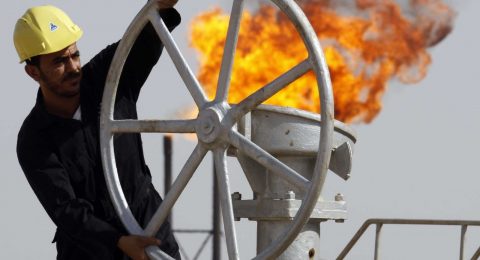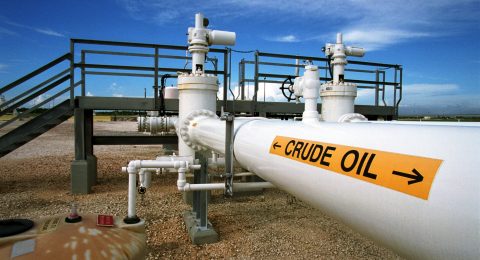The Provincial Government of Kirkuk will not cooperate with the central government’s plans to export oil from the Kirkuk oil fields to Iran, according to provincial officials, reports Bloomberg.
Iraq’s Oil Minister, Jabbar El Luaibi, recently agreed with Iranian Oil Minister Bijan Zanganeh to study a possible pipeline to transfer oil from the Kirkuk fields to Iran for refinement.
The proposed pipeline would cross the border at Parvez Kahn and tie the Kirkuk fields to the Iranian oil network, reports Middle East Online.
Kirkuk officials claim that the central government has failed to consult them on the plan, according to Bloomberg. Local officials, unhappy with Baghdad’s attempt to control Kirkuk’s oil production, voiced their frustration.
The governor’s office released a statement that noted: “Any oil deal, or discussion about the province’s output, without involving the Kirkuk governorate and its provincial council will not be successful.”
The planned pipeline would shift oil away from the Kurdistan Regional Government (KRG) and its preferred export route to the Mediterranean through Iraqi Kurdistan and Turkey. According to BMI research, the diversion of oil to Iran would deprive the KRG of a “large amount” of revenue, Gulf News reports.
The tussle over Kirkuk’s abundant oil fields comes amid increased tensions between the central government and the KRG. The KRG enjoys limited autonomy and has announced that it will hold an independence referendum on September 25th, according to Gulf News.
Some analysts see the agreement as an attempt by the central government to apply financial and political pressure on the KRG in retaliation for its announced independence referendum, Bloomberg reports.
At present, control over Kirkuk’s oil fields is split between the KRG and the central government.
The KRG seized control of significant sections of Kirkuk Province, a region central to Kurdish regional identity and home to Iraq’s oldest oil fields, when the Iraqi Army disintegrated in the face of the Islamic State’s 2014 offensive.
While the KRG possesses physical control of many of the fields, it faces limited legal authority to exploit them.
“Constitutionally and legally speaking, the KRG is irrelevant to the debate because Kirkuk fields are managed by a federal operator, that’s North Oil Company,” Luay J. Al-Khatteeb, Fellow at Centre on Global Energy Policy, Columbia University-SIPA, told Middle East Online.
Political differences between the KRG and the central government have hampered output from the Kirkuk. While the Kirkuk fields have the capacity to produce over 1 million barrels a day (b/d), Iraq only exported 677,000 barrels of oil from Kirkuk during the month of June, according to Asim Jihan, a spokesman for the Iraqi Oil Ministry, as reported by Bloomberg.











